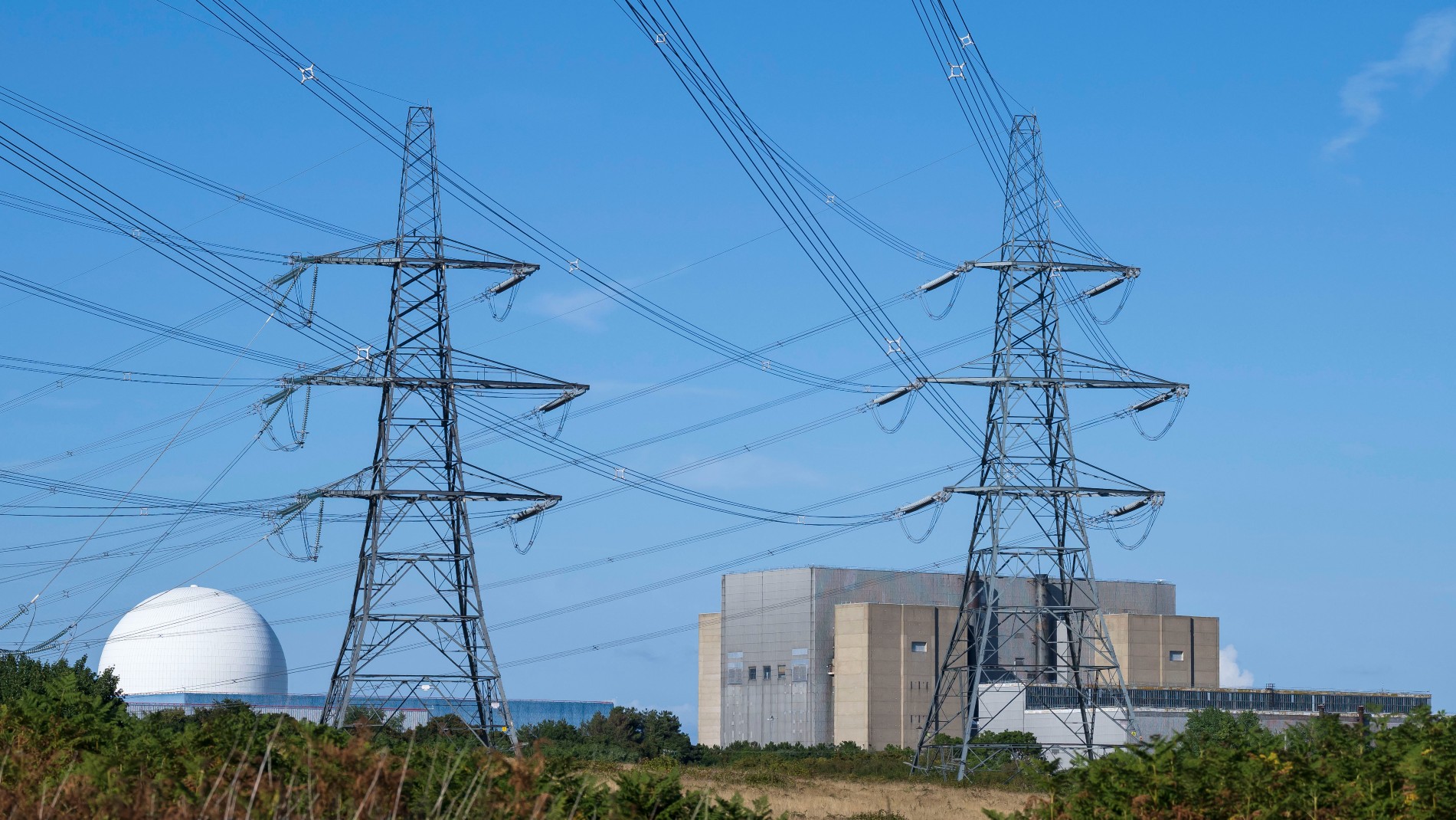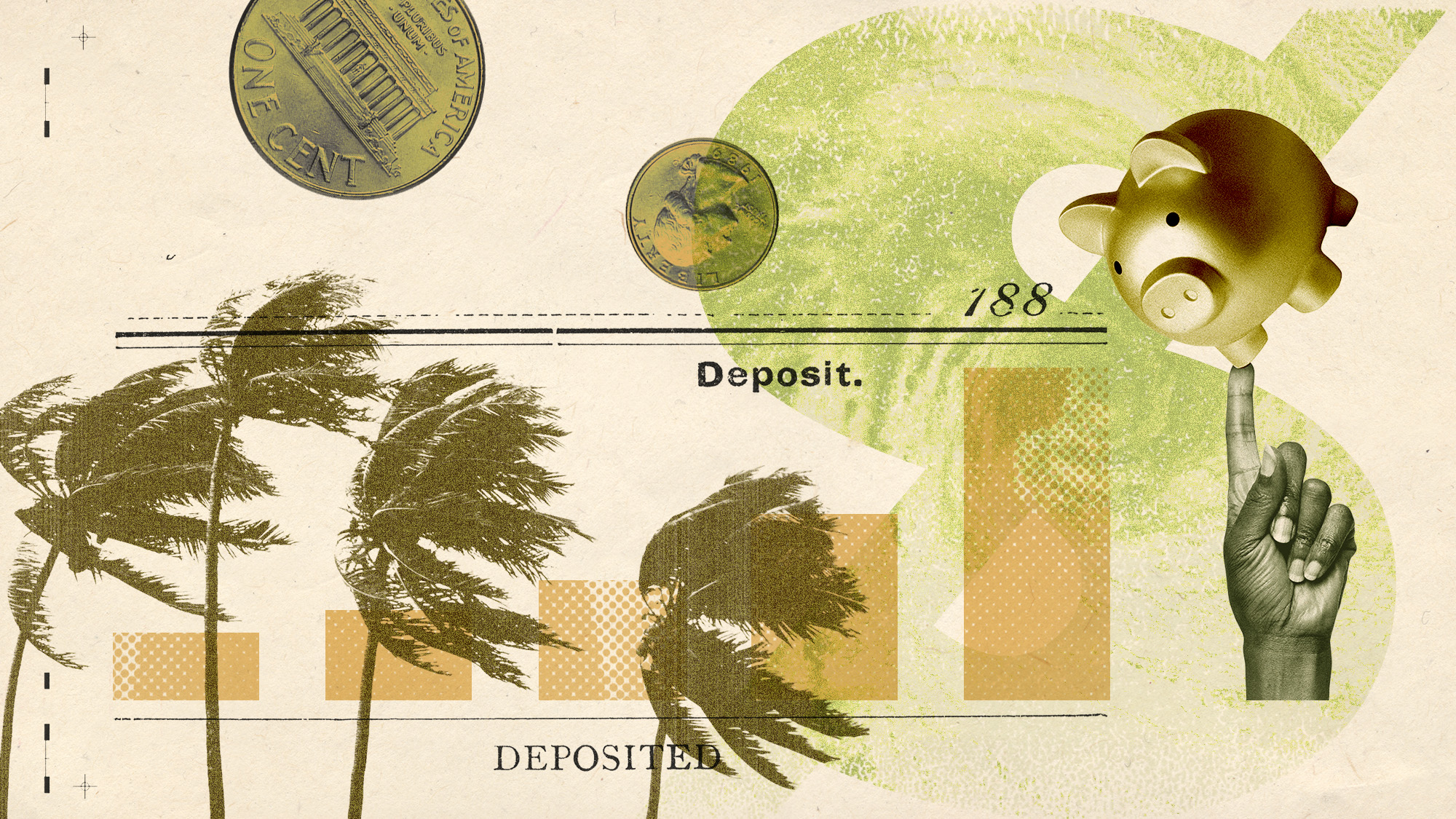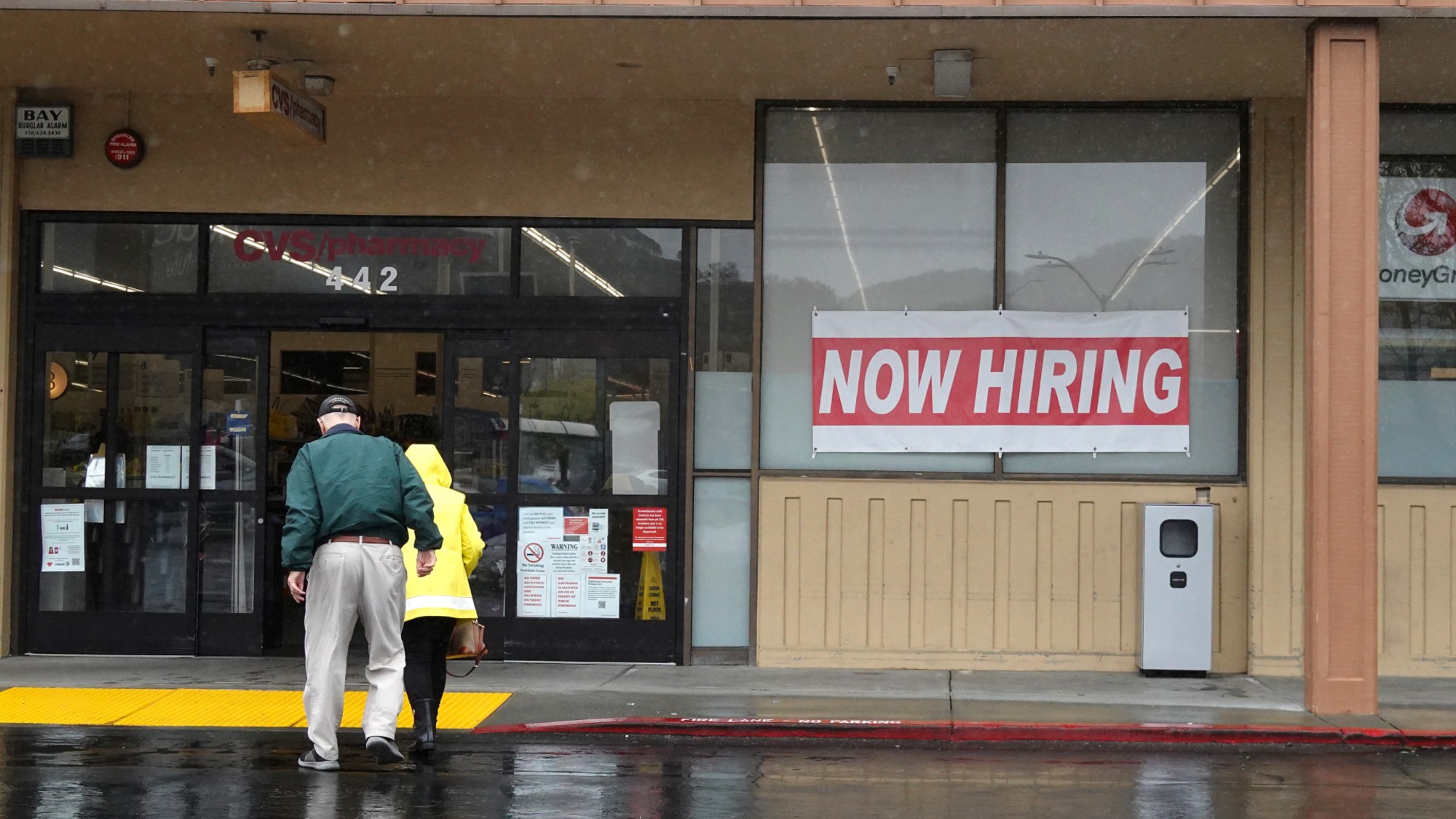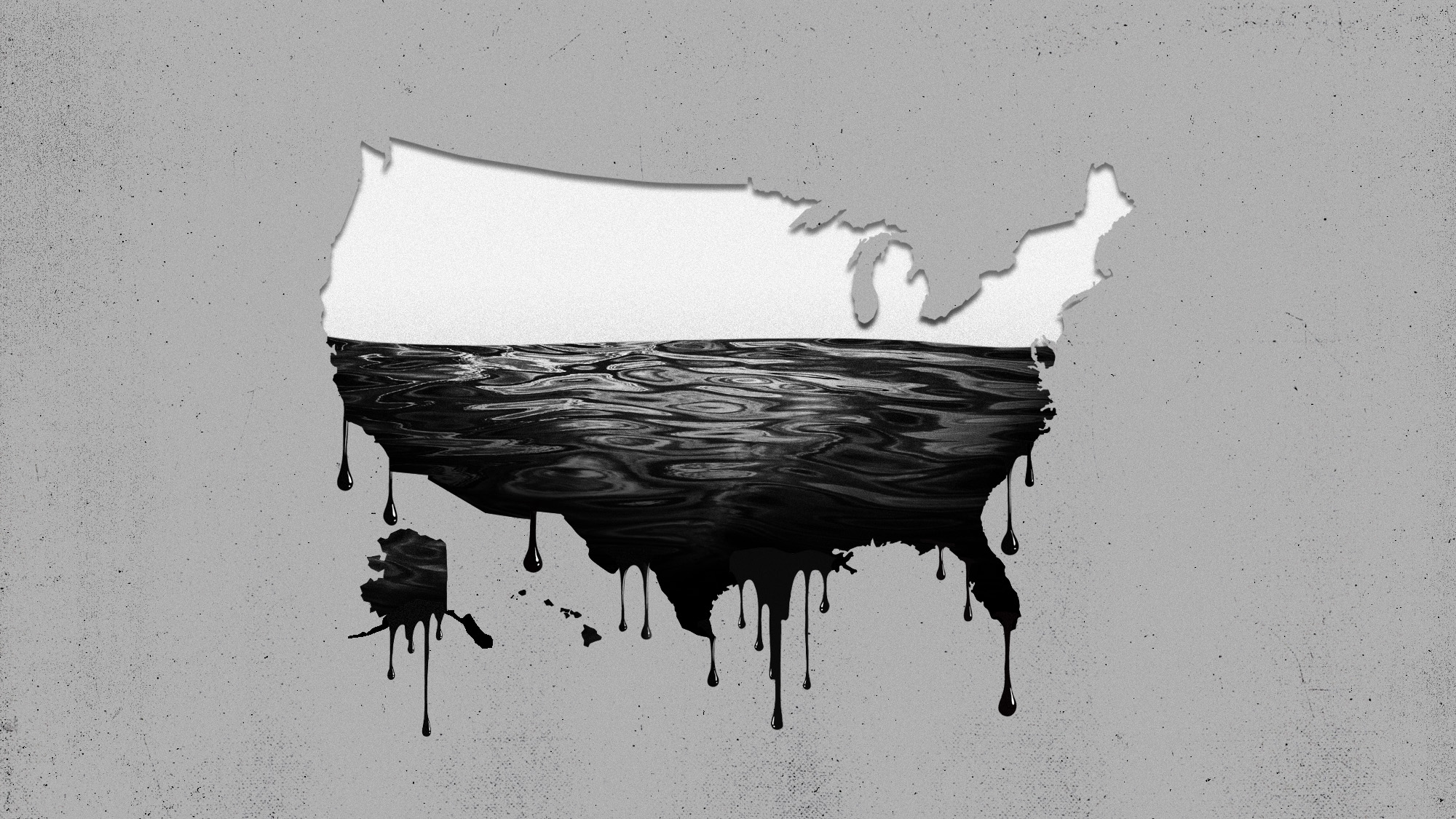Great British Nuclear: one step forward to take two steps back?
New flagship agency to deliver UK’s next generation of reactors delayed as nuclear output is set to decline further

A free daily email with the biggest news stories of the day – and the best features from TheWeek.com
You are now subscribed
Your newsletter sign-up was successful
The government has been accused of failing to secure Britain’s long-term energy capability after the launch of its new flagship agency, Great British Nuclear, to deliver the next generation of reactors was delayed.
Rishi Sunak signalled his intention to address energy security and rising energy bills brought on by the war in Ukraine and sky-high inflation by creating a dedicated Department for Energy Security and Net Zero earlier this month. Its new secretary of state, Grant Shapps, told The Sunday Times he had a “very simple objective”: to “create the economy with the cheapest wholesale electricity price by 2035”.
Yet how he achieves this aim is a source of some debate. The BBC said: “Previously civil servants estimated that future UK electricity supplies would be divided up roughly 30/30/30 between nuclear, wind and fossil fuels with carbon capture and storage (CCS).”
The Week
Escape your echo chamber. Get the facts behind the news, plus analysis from multiple perspectives.

Sign up for The Week's Free Newsletters
From our morning news briefing to a weekly Good News Newsletter, get the best of The Week delivered directly to your inbox.
From our morning news briefing to a weekly Good News Newsletter, get the best of The Week delivered directly to your inbox.
So far no one has been willing to invest at scale in the expensive CCS technology, which pumps CO2 emissions into rocks, and while “wind is ready to take its place in the sun” with old nuclear stations closing, “nuclear won’t be able to fulfil its third of the deal unless new nuclear plants are built”, said the broadcaster.
‘Long-term decline’
While Britain “was once a global leader in civil nuclear power”, the “failure since the Seventies of successive governments, both Labour and Conservative, to reinvest has sent the sector into long-term decline”, said The Sunday Times.
The UK currently has five operational nuclear power stations, which this year will supply around 13% of total UK energy demand, down from 25% in 1995, when Britain’s last new nuclear power station, Sizewell B, was completed. Nuclear’s share is expected to fall further in the next few years as four of these older stations are set to be decommissioned by 2028. But it will rise back up to around 20% by the mid-2030s once the new Hinkley Point C plant in Somerset comes online and provided the government’s current policy commitments are financed and delivered.
The government has continued the strategy for British energy security set out last year by Boris Johnson, who pledged to triple domestic nuclear capacity by 2050 by building eight large new reactors alongside the development of small modular reactors (SMRs). Yet fears within the industry that the measures do not go far enough have been compounded by the delayed launch of the new flagship agency to develop and deliver the UK’s next generation of nuclear reactors, “envisaged as the cornerstone of former prime minister Boris Johnson’s plans to produce enough energy for the nation and reduce reliance on imports”, reported the i news site.
A free daily email with the biggest news stories of the day – and the best features from TheWeek.com
‘Nuclear is not the answer’
In a letter to The Guardian, the Campaign for Nuclear Disarmament’s Rae Street said: “The government and the opposition have completely ignored all warnings; they go doggedly on, supporting the construction of the new nuclear reactor at Sizewell and considering plans to build others. But nuclear is not the answer to the UK’s energy requirements. Apart from anything else, it is vastly expensive. The money it swallows should be put into developing genuine sustainable energy: tidal, wind and solar.”
Not so, argued Matt Sykes, managing director of generation at EDF, which oversees the UK’s nuclear power plant fleet. “One point often overlooked in the debate is the price stability associated with nuclear power,” he wrote for PoliticsHome. “The industry’s conservative business model is founded on long term, predictable returns – to pay for the upfront construction costs, as well as operating expenses. This is why most of the power from the nuclear fleet is sold in advance, to provide that stability.”
In an attempt to satisfy both industry and environmentalists, the government is reportedly looking at giving nuclear power projects a “green status”, Energy Live News reported. The move, expected to be announced in the coming weeks, means that nuclear power will be included in the green taxonomy, the green investment rulebook for the UK. This would see nuclear power projects classed as “green” or “sustainable” investments, “incentivising more investors to back them”, said the energy site.
-
 Switzerland could vote to cap its population
Switzerland could vote to cap its populationUnder the Radar Swiss People’s Party proposes referendum on radical anti-immigration measure to limit residents to 10 million
-
 Political cartoons for February 15
Political cartoons for February 15Cartoons Sunday's political cartoons include political ventriloquism, Europe in the middle, and more
-
 The broken water companies failing England and Wales
The broken water companies failing England and WalesExplainer With rising bills, deteriorating river health and a lack of investment, regulators face an uphill battle to stabilise the industry
-
 Trump wants to revive coal. Will it work?
Trump wants to revive coal. Will it work?Talking Points Wind, solar and natural gas are ascendant
-
 Why the catastrophe bond market is growing
Why the catastrophe bond market is growingThe Explainer The bonds pay for climate change disaster damages
-
 Why are electric bills rising so fast?
Why are electric bills rising so fast?Today's Big Question Data centers for artificial intelligence and the cost of natural gas both contribute
-
 What is the job market's future after Trump's tariffs?
What is the job market's future after Trump's tariffs?Talking Points Economic analysts are split on what the tariffs could mean for employees
-
 Why are home insurance prices going up?
Why are home insurance prices going up?Today's Big Question Climate-driven weather events are raising insurers' costs
-
 Enron mystery: 'sick joke' or serious revival?
Enron mystery: 'sick joke' or serious revival?Speed Read 23 years after its bankruptcy filing, the Texas energy firm has announced its resurrection
-
 Christmas trees: losing their magic?
Christmas trees: losing their magic?In the Spotlight Festive firs are a yuletide staple but are their days numbered?
-
 Big Oil doesn't need to 'drill, baby, drill'
Big Oil doesn't need to 'drill, baby, drill'In the Spotlight Trump wants to expand production. Oil companies already have record output.